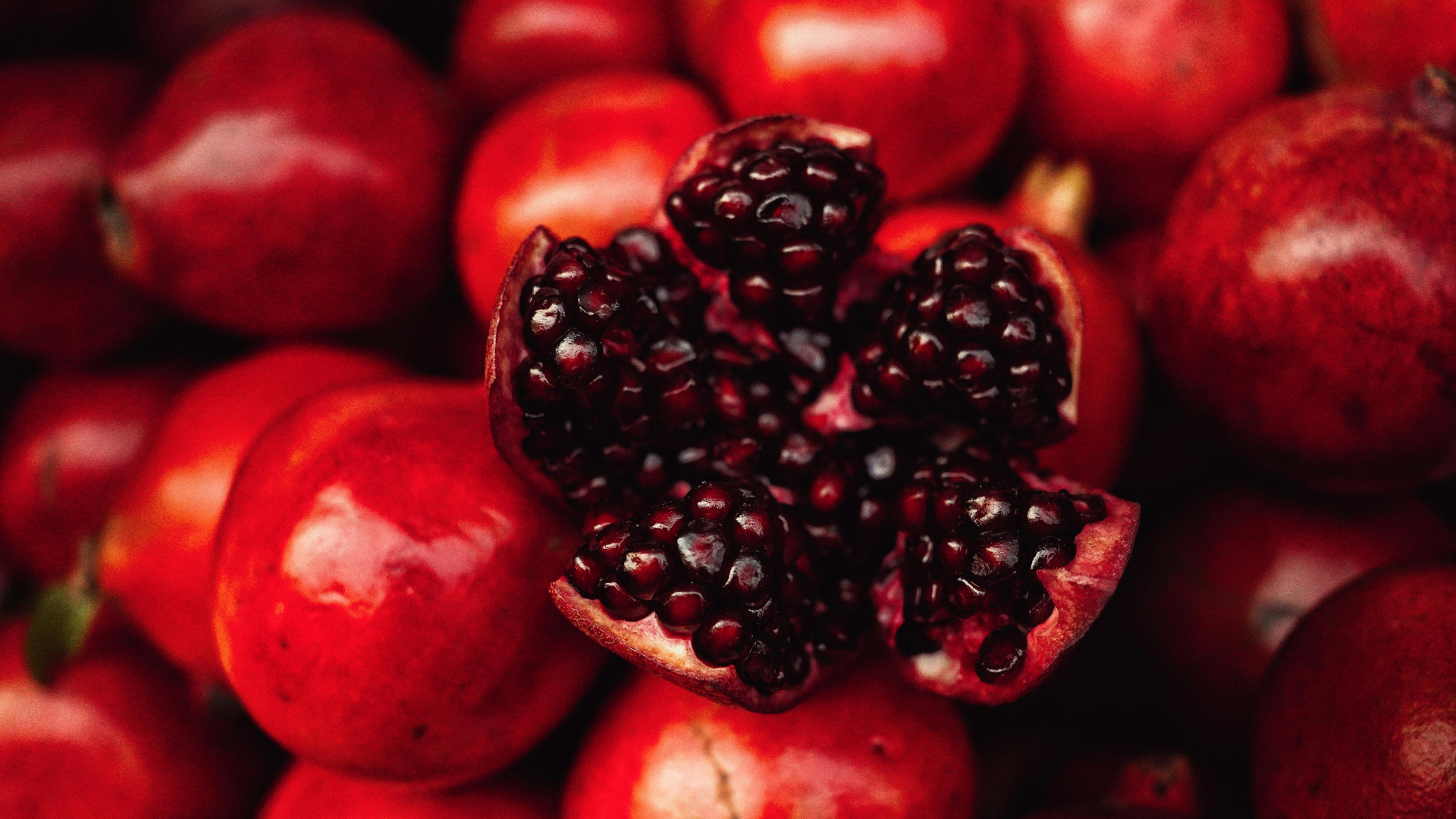Pomegranate
Pomegranate Seed Oil – Punica granatum
Why we love it at The Mindful Gem
Pomegranate seed oil is a luxurious, antioxidant-dense botanical revered for its ability to plump, protect, and deeply rejuvenate the skin. Cold-pressed from the jewel-like arils of the pomegranate fruit, this oil is one of the richest natural sources of punicic acid (omega-5), polyphenols, and vitamin E — compounds clinically shown to restore elasticity, enhance firmness, support collagen, and defend against free-radical damage (International Journal of Dermatology, 2014, DOI: 10.1111/ijd.12315).
At The Mindful Gem, we use pomegranate seed oil in formulas such as our Lip Plumping Oil, where it brings fullness, suppleness, and a naturally voluminous glow while protecting the delicate lip area from dryness and environmental stress.
Plant Overview:
Pomegranate (Punica granatum) is a fruit-bearing shrub native to the Mediterranean, Middle East, and Northern India, long revered as a symbol of vitality and longevity. Its seeds contain a rare, potent oil with uniquely rejuvenating properties.
Parts Used & Traditional Uses:
The seeds (arils) are cold-pressed to extract the nutrient-rich oil.
Historically used in Ayurvedic and Persian beauty traditions for:
restoring youthful glow
softening the skin
supporting regeneration
protecting against dryness and harsh climates
Skin Benefits & Mechanism:
Punicic acid helps promote firmness, plumpness, and elasticity.
Polyphenols provide strong antioxidant and anti-inflammatory support.
Vitamin E nourishes and strengthens the moisture barrier.
Enhances softness and smoothness, especially in delicate areas like the lips.
Key Benefits:
Plumps + enhances fullness
Antioxidant-rich protection
Supports elasticity + firmness
Softens + deeply nourishes
Sources:
Aslam, M.N. et al. (2014). “Dermatological benefits of pomegranate seed oil.” International Journal of Dermatology. DOI: 10.1111/ijd.12315
Jurenka, J. (2008). “Therapeutic applications of pomegranate.” Alternative Medicine Review.
Duke, J.A. (2002). Handbook of Medicinal Herbs.

